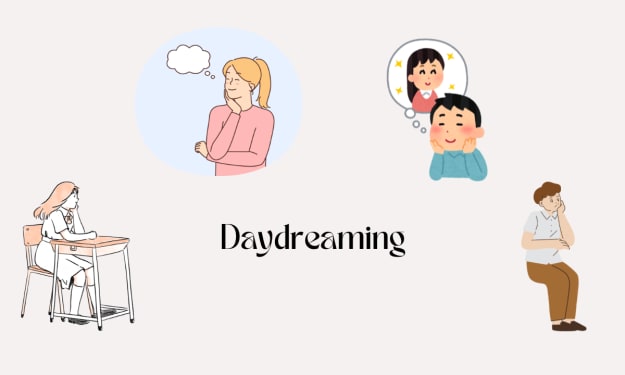Understanding ADHD in India: Challenges and Support
ADHD in India

Introduction
Attention Deficit Hyperactivity Disorder (ADHD) is a neurodevelopmental disorder that affects individuals of all ages, including children and adults. In India, ADHD remains a widely misunderstood condition, often leading to misconceptions and inadequate support. This article aims to shed light on ADHD in India, discussing its prevalence, challenges faced by individuals with ADHD, and the available support and resources to help them thrive.
Understanding ADHD
ADHD is characterized by persistent patterns of inattention, hyperactivity, and impulsivity that can significantly impact daily functioning and overall well-being. In India, it is estimated that ADHD affects around 5% to 10% of school-aged children. However, due to a lack of awareness and underdiagnosis, many individuals with ADHD may go undetected or misdiagnosed.
Challenges Faced by Individuals with ADHD in India
Limited Awareness and Stigma: ADHD remains relatively unknown to the general population in India. Lack of awareness often leads to misconceptions and stigma surrounding the condition. Individuals with ADHD may face judgment, misunderstanding, and social exclusion, hindering their acceptance and access to appropriate support.
Educational Challenges: ADHD can significantly impact academic performance. Difficulties with attention, impulsivity, and organization can affect a child's ability to concentrate, complete tasks, and follow instructions in a classroom setting. Without proper understanding and accommodations, children with ADHD may struggle to reach their full academic potential.
Lack of Diagnosis and Treatment: Many individuals with ADHD in India remain undiagnosed or misdiagnosed. The complex nature of ADHD symptoms and the lack of specialized professionals who can accurately assess and diagnose the condition contribute to this challenge. Consequently, individuals may not receive the necessary treatment and support they require.
Support and Resources for Individuals with ADHD in India
Awareness and Education: Raising awareness about ADHD is crucial to dispel misconceptions and reduce stigma. Educational campaigns and initiatives can help increase understanding among the general population, healthcare professionals, educators, and parents. Promoting early identification and intervention is essential for ensuring appropriate support.
Access to Assessment and Diagnosis: Increasing the availability of trained professionals, such as psychologists and psychiatrists, who specialize in ADHD assessment and diagnosis, is crucial. Efforts should be made to ensure individuals have access to accurate evaluations and comprehensive assessments to determine appropriate interventions.
Multimodal Treatment Approach: ADHD is typically managed through a multimodal approach that includes a combination of medication, behavioral therapy, and support strategies. Access to comprehensive treatment options, including medication when necessary, along with counseling and behavioral interventions, is essential for individuals with ADHD in India.
Parent and Teacher Support: Providing training and support to parents and teachers can enhance their understanding of ADHD and equip them with strategies to support individuals with the condition. Collaboration between parents, teachers, and healthcare professionals is essential for creating supportive environments that cater to the unique needs of individuals with ADHD.
Advocacy and Policy Development: Advocacy efforts play a crucial role in driving policy changes to ensure the rights and needs of individuals with ADHD are recognized and addressed. Advocacy organizations can work towards improving access to appropriate healthcare services, accommodations in educational settings, and employment opportunities.
Conclusion
ADHD is a neurodevelopmental disorder that affects individuals in India, often leading to significant challenges in various aspects of life. By increasing awareness, improving access to diagnosis and treatment, and providing support to individuals, parents, and educators, we can create a more inclusive and supportive environment for individuals with ADHD in India. It is essential to foster understanding, reduce stigma, and ensure that those affected by ADHD have the necessary resources and opportunities to thrive and reach their full potential.
About the Creator
Enjoyed the story? Support the Creator.
Subscribe for free to receive all their stories in your feed. You could also pledge your support or give them a one-off tip, letting them know you appreciate their work.





Comments
There are no comments for this story
Be the first to respond and start the conversation.